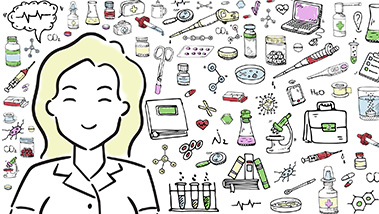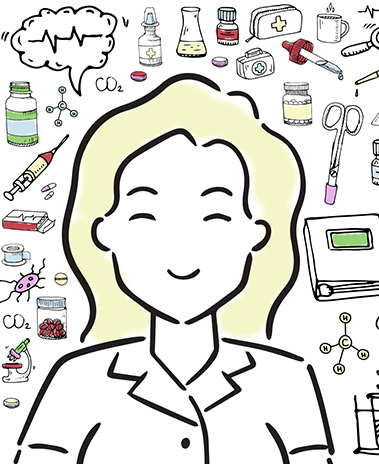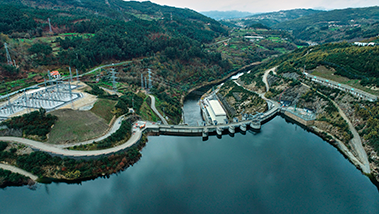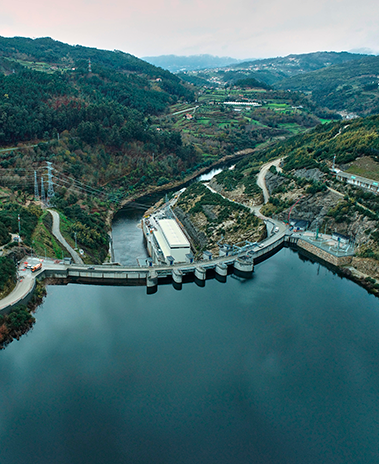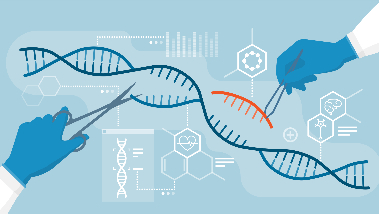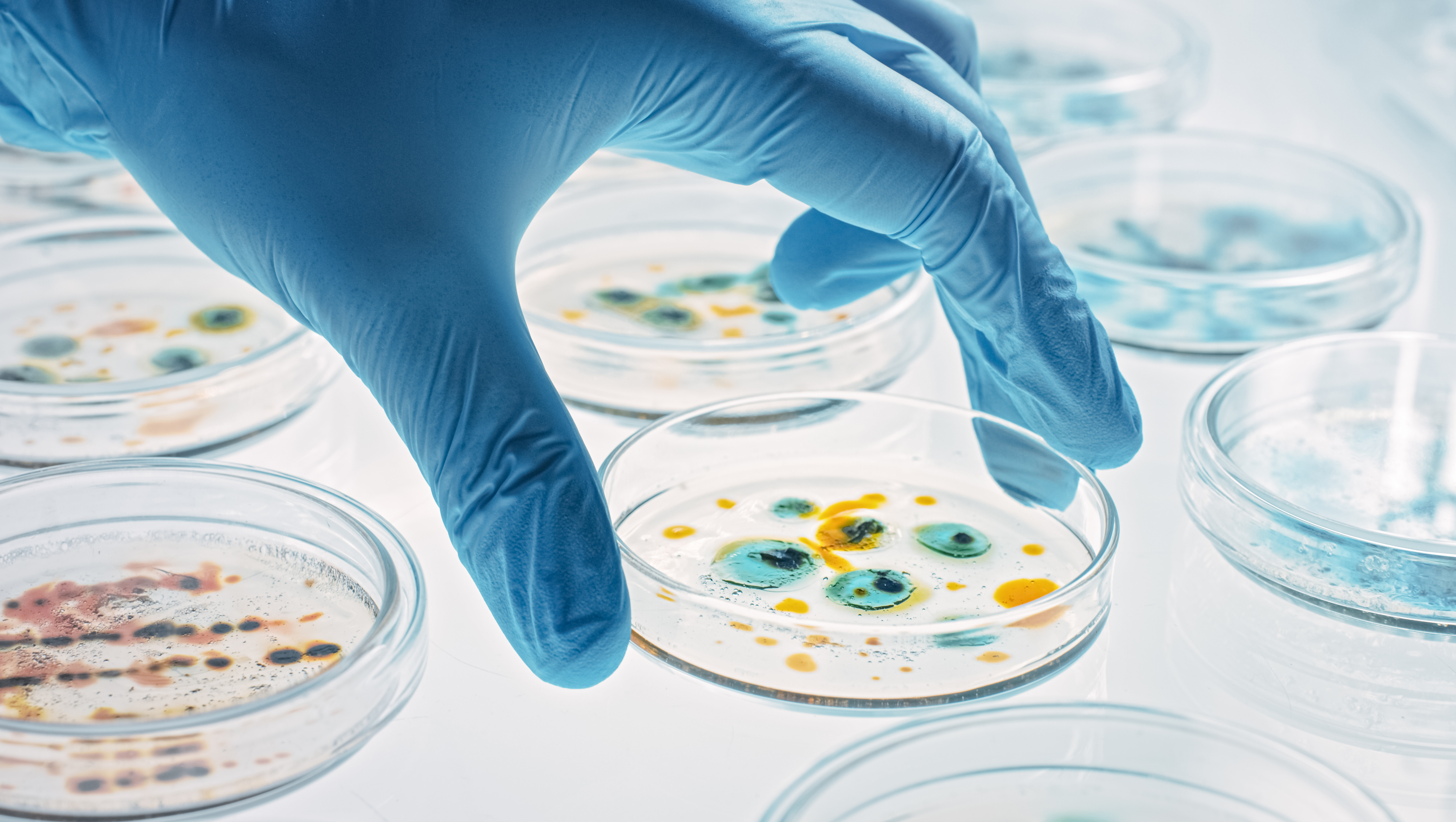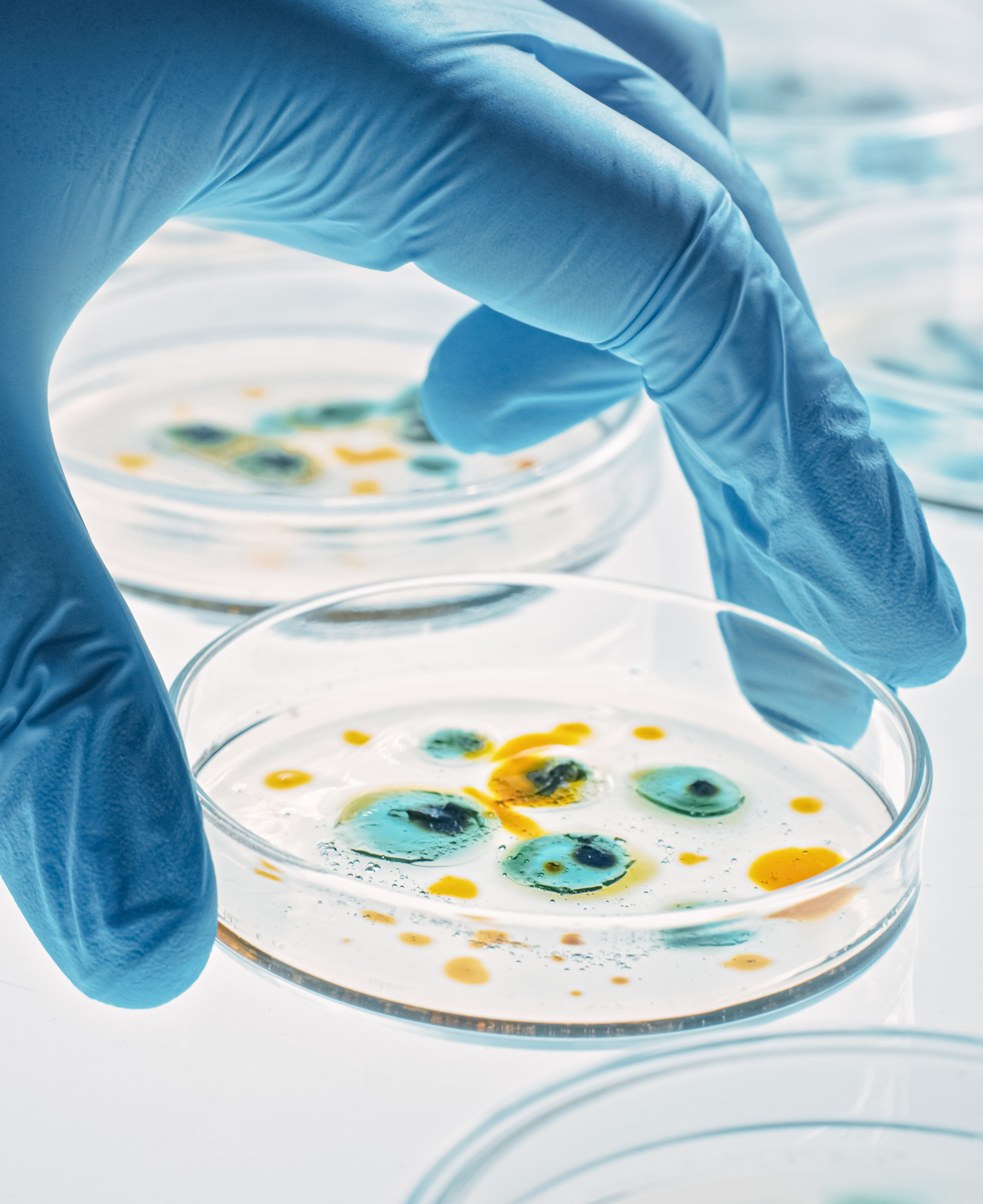#science
Innovation is the main tool in our hands to guarantee sustainability, efficiency and competitivity inside the company. Science is the engine behind development, this is our main principle in Iberdrola.
-
They were pioneers and their discoveries and inventions made history. However, their work has often been brushed aside and even vetoed by their peers. However, great women like Marie Curie, Virginia Apgar and Gertrude B. Ellion succeeded in being recognised in their respective fields of study. But they are not the only women who have changed the world.
El proyecto HOREX –acrónimo de Hormigones Expansivos– nace de Iberdrola de investigar el fenómeno de la expansión química del hormigón, que era casi desconocido, propio del material y que supone un gran desafío para las presas a nivel mundial debido a las dificultades a la hora de controlarlo, ya que puede afectar la funcionalidad para las que fueron diseñadas y construidas las presas no solo durante el mantenimiento de las estructuras sino también en su construcción.
-
Iberdrola and the Spanish Association Against Cancer signed a collaboration agreement in 2015. Since then, the company has been the main private funder of the organisation. This year, a renewal has been signed for the next two years, until the...
With the turn of the millennium came a new concept that referred to the digital interconnection between objects in the physical world and the Internet. It was the so-called Internet of Things (IoT) and, according to estimates by the US company Cisco, by 2025 there will be 75 trillion connected devices. As a result, the capacity for data collection multiplies and makes it possible, if analysed correctly, to obtain individual patterns on a massive scale. This is the Internet of Behaviour (IoB).
-
Cutting and pasting genes is the basis of CRISPR, the gene editing technique that, discovered five years ago, is already bearing its first fruits in the treatment and diagnosis of various diseases and ailments. We explain what this technology is and what it is used for.
According to the World Health Organisation (WHO), by 2050 there will be more deaths related to superbugs than cancer and they will be the leading cause of death on the planet. And, when this study was published, the institution had not taken into account the acceleration that the excessive and incorrect consumption of antibiotics caused by the covid pandemic would cause.






